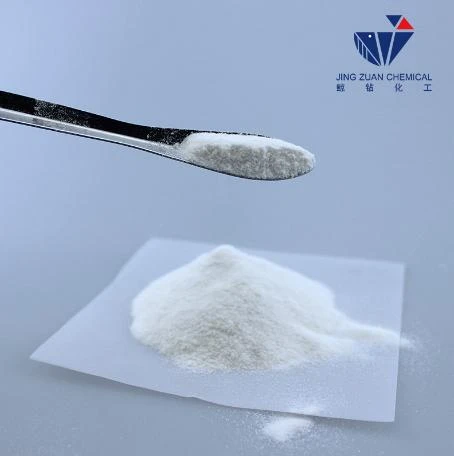
Nov . 10, 2024 17:44 Back to list
Purchase Hydroxyethyl Cellulose for Your Formulation Needs Today
A Comprehensive Guide to Buying Hydroxyethyl Cellulose
When it comes to selecting the ideal thickening agent or stabilizer for your formulations, hydroxyethyl cellulose (HEC) emerges as an excellent choice. This versatile polymer derived from cellulose offers numerous applications across a range of industries, including pharmaceuticals, cosmetics, food, and construction. If you are considering buying hydroxyethyl cellulose, understanding its properties, benefits, and applications can help you make an informed decision.
What is Hydroxyethyl Cellulose?
Hydroxyethyl cellulose is a non-ionic, water-soluble polymer that is commonly used in different formulations because of its unique rheological properties. HEC is produced through the etherification of cellulose, a natural polymer derived from plant materials. The hydroxyl ethyl groups introduced during the process enhance the solubility of cellulose in cold water, making HEC an ideal thickening and gelling agent in various products.
Benefits of Hydroxyethyl Cellulose
1. Versatility HEC can be utilized in a wide array of applications, from personal care products and pharmaceuticals to food and industrial formulations. Its ability to improve the viscosity and stability of solutions makes it a valuable ingredient.
2. Non-toxic and Biodegradable Being derived from natural cellulose, HEC is non-toxic and considered safe for use in a variety of applications, including food and cosmetics. Moreover, its biodegradable nature makes it an environmentally friendly option.
3. Excellent Thickening Properties HEC is particularly valued for its ability to create stable, viscous solutions even at low concentrations. This thickening capability is essential for many gel and cream formulations.
4. Compatibility with Other Ingredients Hydroxyethyl cellulose works well with a variety of other substances, including salts, surfactants, and organic solvents. This property ensures that it can be seamlessly integrated into diverse formulations without compromising performance.
5. Improved Texture and Stability In personal care formulations, such as lotions and shampoos, HEC contributes to a smooth texture and enhances the stability of emulsions, thereby ensuring longer shelf life and consistency.
buy hydroxyethyl cellulose

Applications of Hydroxyethyl Cellulose
1. Cosmetics and Personal Care HEC is widely used in lotions, creams, shampoos, and conditioners. Its thickening and stabilizing properties help in delivering an appealing texture and efficient product performance.
2. Pharmaceuticals In the pharmaceutical industry, HEC is often employed as a binder in tablets and a thickening agent in topical ointments and gels. Its biocompatibility makes it suitable for medical applications.
3. Food Industry Hydroxyethyl cellulose can also be utilized as a food additive, where it serves as a stabilizer and thickener in various food products. Its ability to maintain texture and improve mouthfeel adds to its appeal in food applications.
4. Construction In the construction sector, HEC is added to cement, mortar, and tile adhesives as a thickening agent and water-retention aid to improve workability and adhesion properties.
Where to Buy Hydroxyethyl Cellulose
When looking to purchase hydroxyethyl cellulose, it is crucial to source it from reputable suppliers that offer high-quality products. Consider suppliers who provide detailed product specifications, safety data sheets, and support to ensure that you find the right grade of HEC for your needs. Popular suppliers often offer bulk purchasing options for industries requiring large quantities.
Conclusion
Hydroxyethyl cellulose is a remarkable ingredient that brings multiple benefits to various industries. When you decide to buy HEC, consider its versatility, non-toxicity, and excellent thickening properties, which contribute to the advancement and quality of your formulations. By understanding the properties and applications of hydroxyethyl cellulose, you can effectively utilize it in your products, ensuring durability and customer satisfaction. Whether you’re in the cosmetics, pharmaceutical, or food sector, incorporating HEC into your formulations can enhance performance while promoting sustainability.
-
Versatile Hpmc Uses in Different Industries
NewsJun.19,2025
-
Redispersible Powder's Role in Enhancing Durability of Construction Products
NewsJun.19,2025
-
Hydroxyethyl Cellulose Applications Driving Green Industrial Processes
NewsJun.19,2025
-
Exploring Different Redispersible Polymer Powder
NewsJun.19,2025
-
Choosing the Right Mortar Bonding Agent
NewsJun.19,2025
-
Applications and Significance of China Hpmc in Modern Industries
NewsJun.19,2025







